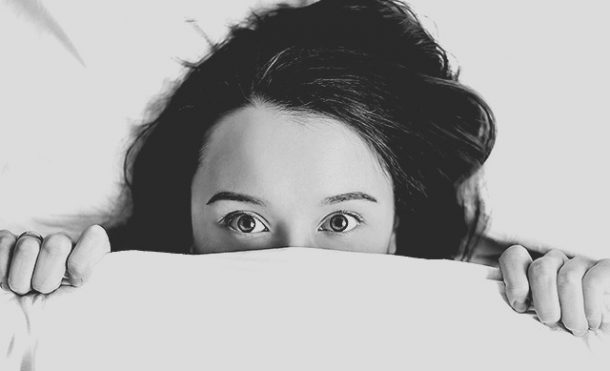
Tired of not getting enough sleep? Try our workshops on the business of sleep..
Despite the fact that we all spend up to a third of our lives in bed, it’s remarkable how little is generally understood about the mysteries of sleep.
For so many people getting to sleep and staying asleep have become the most un-natural of natural experiences. It’s easy just to shrug and put up with the problem. But poor-quality sleep is a serious issue. It can have a detrimental impact on both your health and personal productivity. In the short-term, lack of sleep makes you moody, forgetful and depressed, and even reduces your immune function. Long-term sleep deprivation is implicated in health issues such as diabetes, obesity, heart attacks & strokes. Chronic sleep problems are even associated with dementia.
Here are 20 ideas to try:
- Try and develop a reasonable routine – if you are going to bed and getting up at different times each day, your body will get confused!
- Try and start the day with something that calms you and sets you up for the day ahead. Reading your phone rarely does this! If you associate bed with your phone, that’s never good news.
- In fact, leave the phone in another room. Get an old-fashioned alarm clock!
- And lay off the phone for a couple of hours before going to bed. The blue light stimulates you and the content of the news and social media is highly likely to wind you up!
- Do some exercise, but not for a few hours before you plan to go to bed. Better still, if you can, exercise in fresh air.
- You could try a warm bath but don’t get overheated.
- Avoid caffeine after noon, that’s tea/coffee/coke.
- Decrease carbs in the evening as high carbs will stimulate insulin release and you may well have a sugar dip in the middle of the night, with you then waking up thirsty and hungry.
- Generally, eat as well as you can and cut the sugar right back.
- Watch your magnesium levels; maybe try a supplement – magnesium helps muscles relax
- Alcohol isn’t helpful: it might make you feel dozy, but it will disrupt your sleep – too much REM sleep and not enough deep sleep is inflammatory in the body and can lead to anxiety/depression.
- Same goes for other recreational drugs; especially stimulants!
- Stay hydrated but not too much liquid before bedtime.
- Get the bedroom as dark as possible.
- And as cool as possible – 16 degrees or lower.
- Get a better bed/pillow if yours isn’t great.
- You could try melatonin – not available over the counter in the UK but it is in US/Canada.
- Or herbal (green packet) or blue packet Nytol. Blue packet Nytol is an old-style anti-histamine (diphenhydramine), which has sedative properties. This is really for short term use only. The green packet contains the herb valerian, which can also be helpful.
- If you are hopelessly stuck, talk to your GP about possibly using zopiclone for a short while; amitriptyline is also sometimes helpful, but not if you are on other antidepressants. Never self-medicate: talk to a sympathetic GP and try not to form a dependence on tablets.
- Don’t lie in bed, sleepless. You will associate the bed with not sleeping. Get up and do something boring and then try again.
What to know more…?
Get in touch with us to talk more about our sleep workshops and 1:1 sleep coaching. Don’t snooze and you will lose!

Start The Discussion